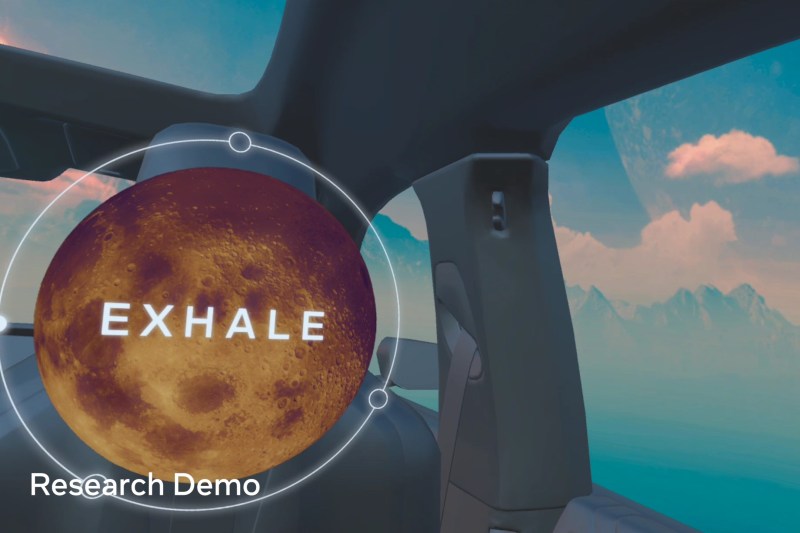BMW doesn’t just want to design the best performance and luxury cars — it also wants to be at the forefront of the latest technology. From introducing V2X technology to an EV yacht dubbed THE ICON with cutting-edge technology, BMW has what it takes to stay ahead of the competition.
BMW is not about to slow its momentum and it has now teamed up with Meta to bring full virtual reality and mixed reality headsets to its vehicles. That’s a big deal since it’s the first time developers have made it possible to use your virtual or mixed-reality headset to work or play video games in a fast-moving vehicle. It’s even more impressive that you can engage your Meta Quest Pro headset when the car hits a bump or makes a turn.
How does it work? According to BMW, the VR headset receives real-time data from the car’s sensor to figure out its position and movement more accurately while the car is in motion. Without processing data from the car’s sensor, the headset wouldn’t know what’s going on when you’re in a fast-moving vehicle, and it wouldn’t be practical to use it.
What’s even more interesting is that BMW thinks this technology could be used beyond gaming, meditation, work-related stuff, and entertainment. For instance, you could use the AR headset to identify hazards and receive important updates when you’re driving. If you’re a passenger, you could use AR headsets to locate nearby restaurants, gas stations, EV charging stations, and other points of interest. It would also be useful if you forget where you parked your car.
But according to the Head of BMW Group Technology Office, “it’s too early to tell exactly how or when this technology will make it into customers’ hands.” Even so, it’s not the first time BMW has made a breakthrough to integrate augmented reality technology in its vehicle — it has secretly been working on AR technology for more than a decade. The I Vision Dee concept car is a testament of BMW’s progress to incorporate virtual and augmented environments for a better driving experience. Someday, at least.

In addition to that, BMW recently introduced Panoramic Vision which uses augmented and virtual reality technology to display information on the windshield without distracting the driver. BMW’s Panoramic Vision is expected to be rolled out in its upcoming EV models by 2025. Taking that into consideration, it’s also likely that we may experience the first ever VR and AR in-motion headset in BMW’s next-generation EV models.



